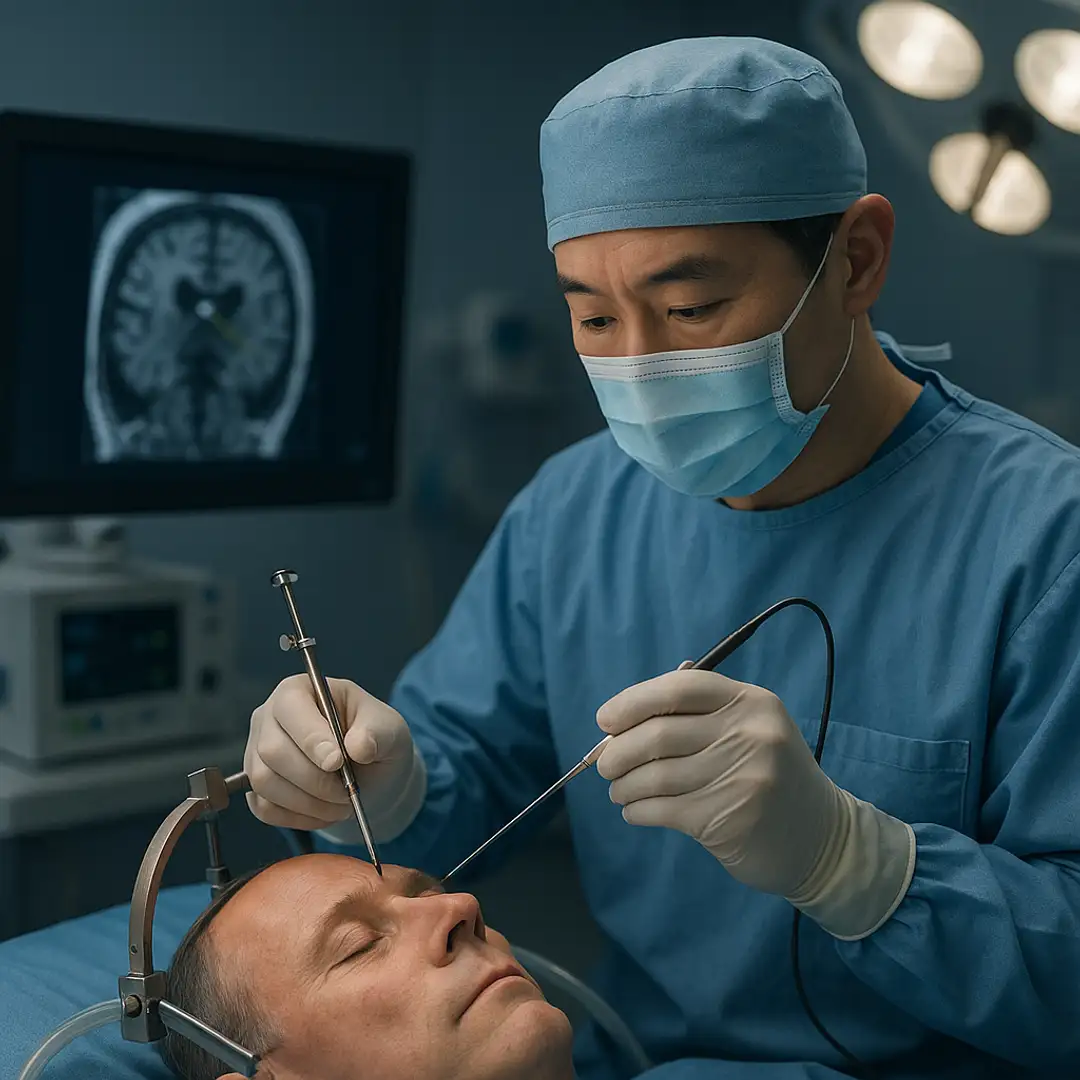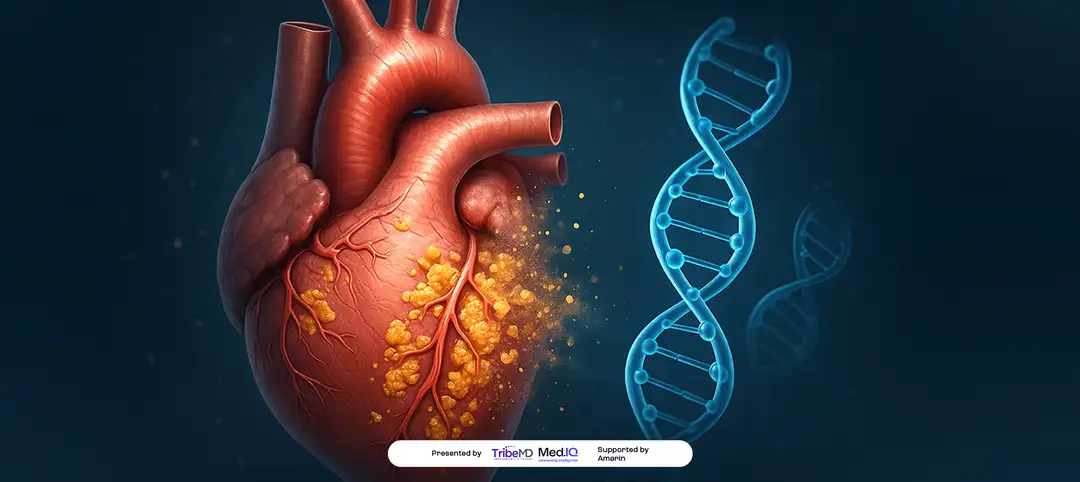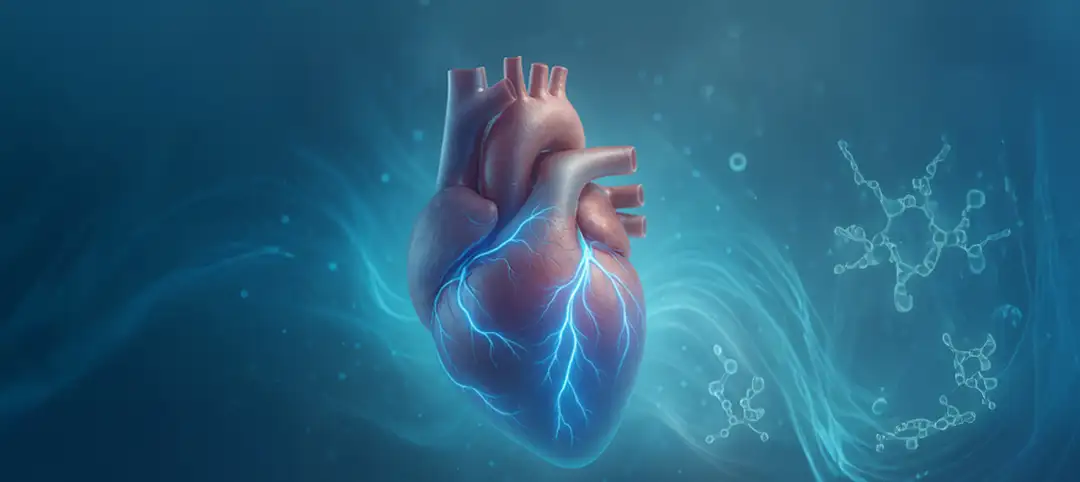
A landmark phase I/II clinical study published in Nature reports the first-in-human trial of induced pluripotent stem cell (iPSC)–derived dopaminergic progenitors transplanted into patients with advanced Parkinson’s disease (PD). The trial, conducted at Kyoto University Hospital, assessed the safety and potential efficacy of allogeneic iPSC-based cell therapy in a small but closely monitored cohort of patients with mid-stage PD.
Seven patients aged 50 to 69 years received bilateral transplantation of dopamine neuron progenitor cells directly into the putamen. Immunosuppression was maintained for one-year post-procedure, and all participants were followed for 24 months. Importantly, no serious adverse events occurred. MRI scans confirmed no tumor formation or graft overgrowth, and all side effects (n = 73) were mild to moderate, mainly related to immunosuppression.
Biologically, the grafts demonstrated robust viability and functionality. PET imaging with [^18F]‑DOPA showed over a 40% increase in dopamine synthesis in the putamen, especially among those who received higher cell doses. These findings indicate that the transplanted neurons not only survived but also functioned in vivo.
Clinically, motor function improved in most patients. Among the six evaluable participants:
- The average MDS-UPDRS Part III score (motor function) improved by 20.4% in the off-medication state and 35.7% in the on-medication state.
- Four patients experienced a reduction in Hoehn–Yahr stage, suggesting a shift toward less severe disease.
- No graft-induced dyskinesias were observed—one of the most significant concerns in previous fetal tissue trials.
These findings align with a parallel trial using human embryonic stem cell (hES)-derived progenitors, which also showed graft survival and motor benefit in 12 patients, further validating the safety and biologic feasibility of stem cell–based dopaminergic restoration in PD.
Despite the small sample size, these data offer compelling early evidence that iPSC-derived dopaminergic transplants may offer a disease-modifying strategy for Parkinson’s, particularly in combination with current pharmacologic and surgical treatments. Further multicenter, controlled phase II/III trials will be essential to confirm efficacy, durability, and broader applicability across diverse patient populations.
Editorial note: This content was developed with the support of artificial intelligence technologies to optimize the writing and structuring of the information. All material was carefully reviewed, validated, and supplemented by human experts prior to publication, ensuring scientific accuracy and adherence to good editorial practices.
#ParkinsonsDisease #StemCellTherapy #iPSC #Neuroscience #ClinicalTrials #NatureJournal
Sources
- Doi D, Mori E, Itakura G, et al. Allogeneic transplantation of iPSC-derived dopaminergic progenitors in Parkinson’s disease: a phase I/II clinical trial. Nature. 2025;623(8015):512–521. doi:10.1038/s41586-025-08700-0.
Highlights
Medical Affairs
Trastuzumab deruxtecan (T-DXd) Provides Significant Clinical Benefit Over Trastuzumab emtansine (T-DM1), Marking a Potential Shift in the Therapeutic Standard for HER2+ Breast Cancer

TribeMD
SnackableHealth™ | From Intervention to Prevention: How Secondary Prevention Clinics Are Redefining Post-ACS Care

Medical Affairs
META-AF: Metformin as an Adjunctive Therapy to Catheter Ablation of Atrial Fibrillation

Medical Affairs
Trastuzumab deruxtecan (T-DXd) Provides Significant Clinical Benefit Over Trastuzumab emtansine (T-DM1), Marking a Potential Shift in the Therapeutic Standard for HER2+ Breast Cancer

TribeMD
SnackableHealth™ | From Intervention to Prevention: How Secondary Prevention Clinics Are Redefining Post-ACS Care

Medical Affairs
META-AF: Metformin as an Adjunctive Therapy to Catheter Ablation of Atrial Fibrillation


